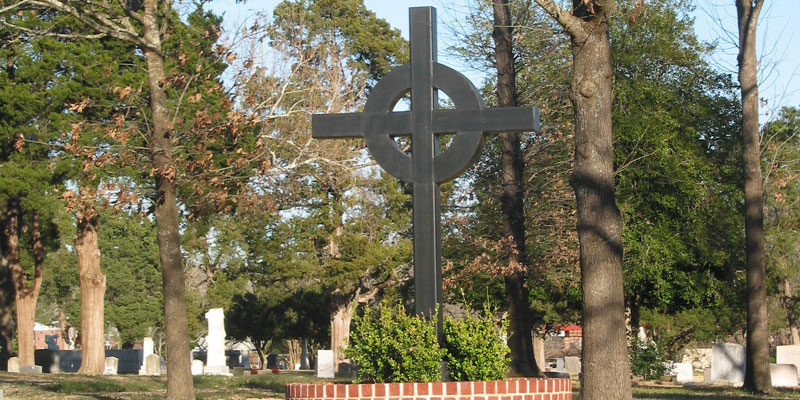Historical Spotlight - 1928 issue of the Athens Daily Review

(From the 26 January 1928 issue of the Athens Weekly Review)
“The following bit of history is given today, the data being furnished the Reviewby J. H. (Babe) Richardson of Poynor, who was a young man and who lived in Athens at the time written of in this article.
According to Mr. Richardson, the first person to be buried in the Athens Cemetery was John Brantley, father of Mrs. Anna Williamson and Mrs. Georgie Richardson, and first husband of the late Mrs. J. M. Pickens.
Mr. Brantley was a large planter and prominent citizen of the county and was the first officer to fill the position occupied now by the County Superintendent of schools. His duties covered several counties known as a district, the district being formed following the establishment of the State Free school system.
Mr. Brantley's death brought forcibly to the minds of Athens citizens the lack of a suitable burying ground.
The Masonic Lodge of which Mr. Brantley was a member, purchased one acre of ground at the site of the present cemetery and set it aside as a last resting place for members of their order, Mr. Brantley's body being the first to be interred there.
The next burial to occur was that of the daughter of a Mr. Word, who lived some distance southwest of Athens. The father came to Athens and arranged with S. M. Richardson, father of J. H. (Babe) Richardson, to prepare a grave. On seeking permission for a burial permit Mr. Richardson was told by individual members of the Masonic Lodge, that no single member could give permission for theinterment of the young lady's body in the Masonic burial plot; such sanction would have to be given by the members in regular or called session.
As the time was too short to permit of assembling the lodge members, Mr. Richardson purchased an acre adjoining the Masonic burial plot, had the grave dug as he had promised, and in it the body of theyoung girl was placed. Later another acre adjoining the first two burial plots was purchased by N. P. Coleman and was added to the nucleus of the city cemetery.
An unpleasant circumstance occurred in connection with the early history of the cemetery and was recalled by Mr. Richardson during his talk with the writer. A man whose name Mr. Richardson thinks was Helliman, came to Athens and established a newspaper which he called the "Athens Courier". The paper was published only a short time, its cessation occurring in the following manner.
"Grandma" Deen and her daughter, Mrs. Bradshaw, decided that the bluejack thicket covering the new cemetery should be cleaned off and securing help proceeded to have the work done. Mrs. Deen had thetimber cut from the ground, hauled to her home (the old Deen Hotel) to use for firewood. For some mysterious reason the Courier editor saw in this, something reprehensible and his next issue contained a scathing editorial arraignment of the ladies, whose only thought had been to render aneeded public service. They were pictured as "robbers of the dead" and "desecraters of graves" for their "unwarranted removal of shade trees from the burying ground." The article wound up with the asserted intention of the editor to bring the "guilty parties to justice". He actually brought the matterbefore the authorities and seemed to be making headway in making good his threat.
Mr. Richardson, who had purchased the acre, ended the trouble by having the deed to the burial plot made to Mr. and Mrs. Deen. So much ill feeling toward the editor of the Courier was engendered by his fiery, unfounded and senseless attack, that he was forced to suspend publication of his sheetand for his personal safety, go back to Galveston from whence he came.
Thus ended the short life of the "Courier", one of Athens' early newspapers."

Comments